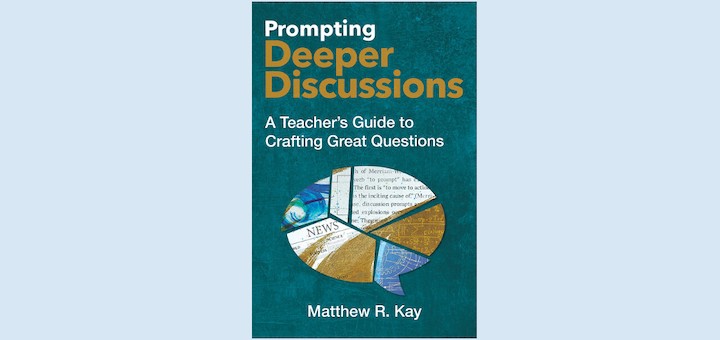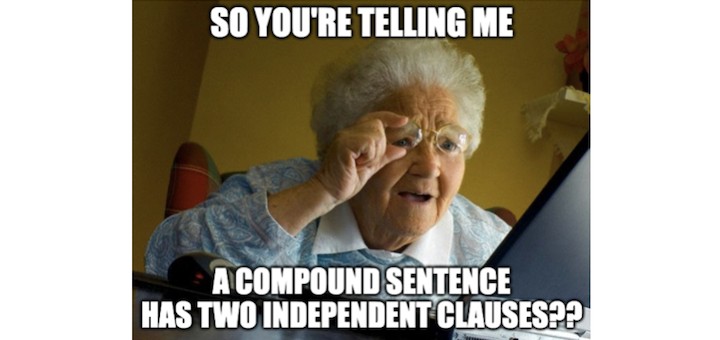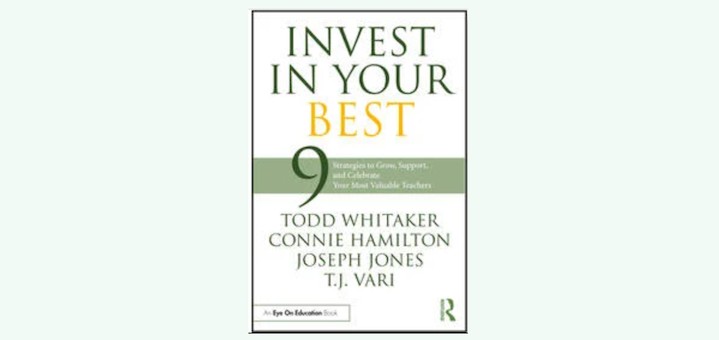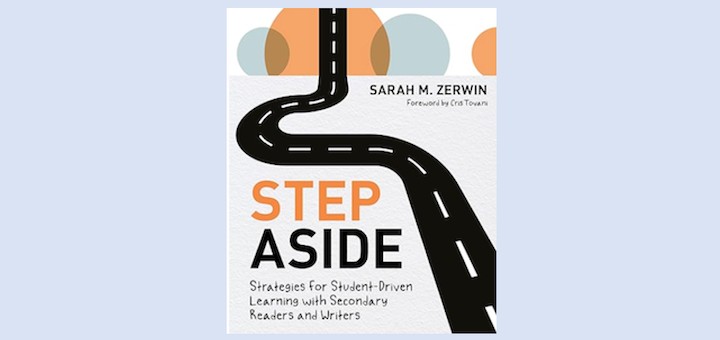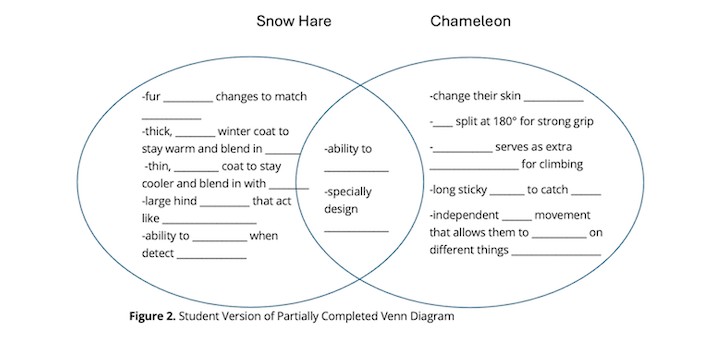Use Novels and Stories to Explore AI’s Impact
Fiction that explores AI through characters that are robots or humans who interact with AI can spark discussions about the future and engage readers with stories grounded in real ethical and scientific questions. ELA teacher Kasey Short shares titles and ideas for discussion.



